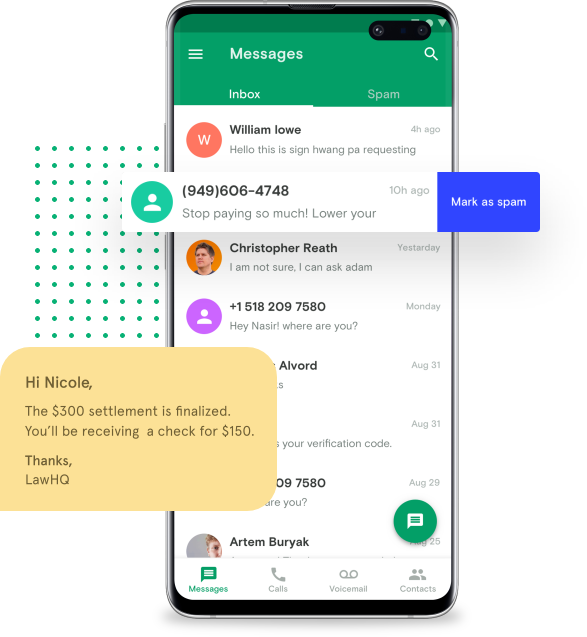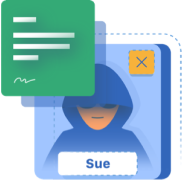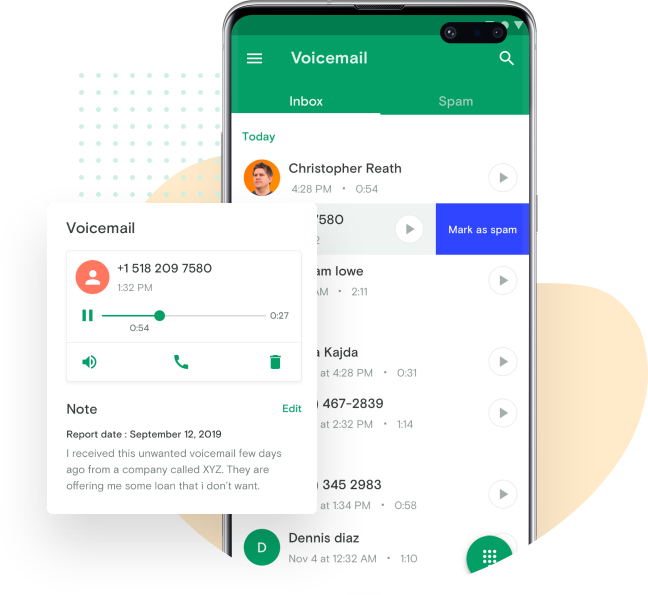The Telephone Consumer Protection Act, 47 U.S.C. § 227, (“TCPA”) was passed by Congress in 1991. The purpose of the TCPA is to protect consumers from unwanted telemarketing calls. As the Supreme Court of the United States noted in 2012, “Voluminous consumer complaints about abuses of telephone technology – for example, computerized calls dispatched to private homes – prompted Congress to pass the TCPA.”
Since 1991 until today, the federal courts and the Federal Communications Commission ("FCC") have provided insight and expanded application to the TCPA. For example, the FCC and the courts have provided guidance that the TCPA applies to both calls and text messages.
The TCPA prohibits two types of calls or text messages:
First, section 227(b) of the TCPA prohibits calls and text messages that use an automatic dialing system or prerecorded voice, unless you have provided express consent to receive those calls or texts. So each robo call and text message you receive is a violation of the TCPA, unless you have provided consent to that telemarketer.
Second, section 227(c) of the TCPA prohibits telemarketing calls and text messages to consumers on the National Do Not Call Registry. (If you haven't registered your phone number on the Do Not Call registry, click that link and do so now.) If your phone number is on the National Do Not Call Registry and you receive two or more calls or text messages from the same company within a 12-month period, each call and text is a violation of the TCPA.
Under the TCPA there is what's called a "private right of action." A private right of action authorizes you as an individual to sue telemarketers who violate the TCPA. Thus, if someone is violating the TCPA, you don't need to wait for the government to take action. You can sue that telemarketer yourself. The law provides for a minimum of $500 in damages for each violation of the TCPA. And if the telemarketer willfully or knowingly violated the law, then a court can treble, or in other words triple, the damages to $1,500 per violation.
For example, let's say you receive four calls from XYZ Corporation, the calls were made using an automated dialer, you never consented to receiving the calls, and your phone number is on the Do Not Call List. In this situation, each call violates the TCPA two times. First, each call violates the TCPA because it was made using an automated dialer without consent. Second, each call violates the TCPA because your phone number is on the Do Not Call Registry. So each call has two violations of the TCPA in this example, and the minimum damages would be $1,000 per call. Since there were a total of four calls, there would be $4,000 in damages. And if the court found that XYZ Corporation made the calls willfully or knowingly, then the $4,000 in damages could be tripled to $12,000.
As you can clearly see, Congress has provided ample opportunity for consumers to push back against the onslaught of unwanted and unauthorized telemarketing calls and text messages.








